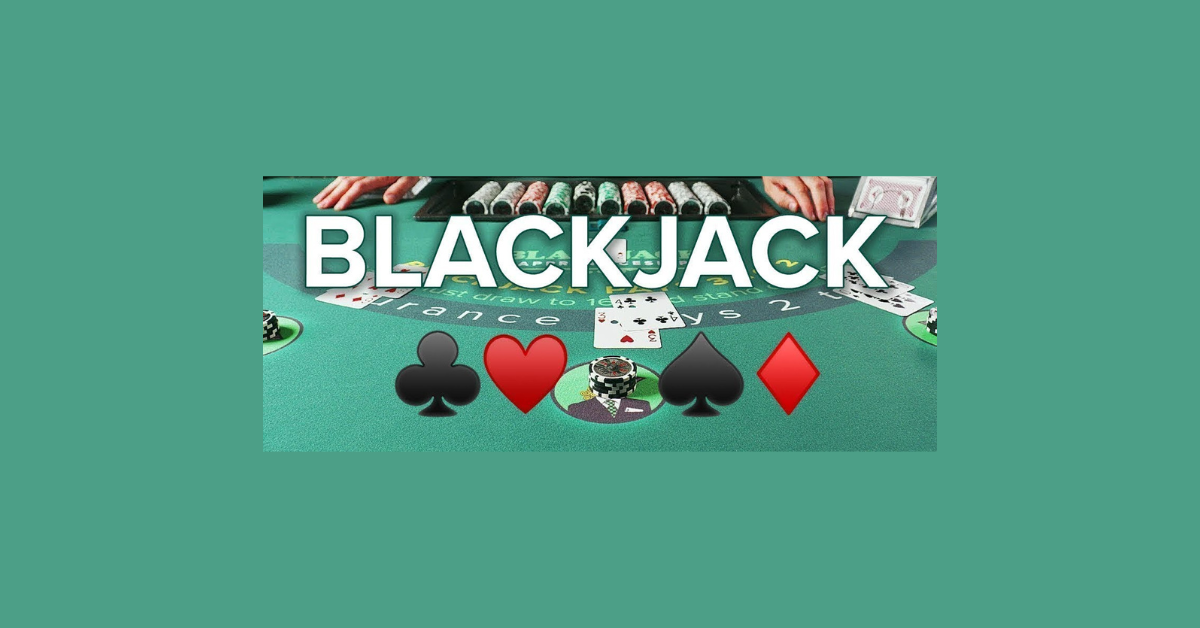Key Factors to Consider Before Placing a Bet
Before placing a bet in a game of blackjack, it is crucial to take into account the rules and variations of the specific game you are playing. Different versions of blackjack may have varying rules on when you can double down, split pairs, or surrender. Understanding these rules will help you make informed decisions during the game.
Another important factor to consider before placing a bet is to assess the current game situation and your own playing strategy. Consider the number of players at the table, the dealer’s upcard, and the strength of your own hand. By evaluating these factors, you can determine the best course of action to take, whether it is hitting, standing, doubling down, or surrendering. This strategic thinking will not only enhance your gameplay but also increase your chances of winning in the long run.
Understanding the Blackjack Table Limits
Blackjack table limits are the minimum and maximum bets allowed at a particular table. These limits can vary significantly between different casinos, and even within the same establishment depending on the specific table you choose to play at. Before diving into a game, it is crucial to be aware of these limits to ensure that they align with your budget and betting preferences.
The table limits serve as a crucial aspect of your overall blackjack strategy, as they directly impact the amount of risk you are willing to take and the potential rewards you can gain. Playing at a table with high limits can provide the thrill of big wins but also comes with the risk of significant losses. On the other hand, lower limit tables offer a more conservative approach, allowing you to play for longer periods with a smaller bankroll. It is essential to choose a table with limits that suit your comfort level and align with your overall gambling objectives.
Taking into Account Your Bankroll Size
It is essential to carefully consider your bankroll size before placing any bets at the blackjack table. Your bankroll should dictate the stakes you choose to play with, ensuring that you don’t overextend yourself financially. Setting a budget for your gambling activities can help you manage your funds responsibly and prevent unnecessary losses.
By taking into account your bankroll size, you can also determine the length of time you can sustain your gameplay. It is recommended to only wager a small percentage of your total bankroll per hand to prolong your gaming experience. Being mindful of your financial limits can help you enjoy the game without the added pressure of potentially losing more than you can afford.
Evaluating the Strength of Your Hand
When playing blackjack, one of the key factors to consider is the strength of your hand. This involves assessing the total value of your cards and determining the likelihood of achieving a winning hand. Generally, a hand with a total value of 17 or higher is considered strong, while a hand with a total value of 12 or lower may be weaker and more challenging to win with.
Additionally, it is important to take into account the specific combination of cards you have been dealt. For example, having an Ace and a 10-value card (10, Jack, Queen, King) will give you a blackjack, which is the strongest hand in the game. On the other hand, having a pair of small cards like 2s or 3s may require a different strategy depending on the dealer’s upcard. Ultimately, evaluating the strength of your hand will help guide your decisions on whether to hit, stand, double down, or split pairs during the game.
Considering the Dealer’s Upcard
When playing blackjack, one crucial aspect to pay close attention to is the dealer’s upcard. The dealer’s upcard provides valuable information that can influence your decision-making process during the game. It gives you a glimpse of the dealer’s potential hand strength and helps you assess the risk involved in your next move.
Based on the dealer’s upcard, you can strategize your gameplay accordingly. For instance, if the dealer has a low-value upcard like 2, 3, 4, 5, or 6, they are more likely to bust. In such cases, playing it safe with a solid hand might be a prudent choice. Conversely, if the dealer’s upcard is strong, such as a 10 or a face card, caution is advised, and it may be wise to take calculated risks based on the strength of your own hand.















